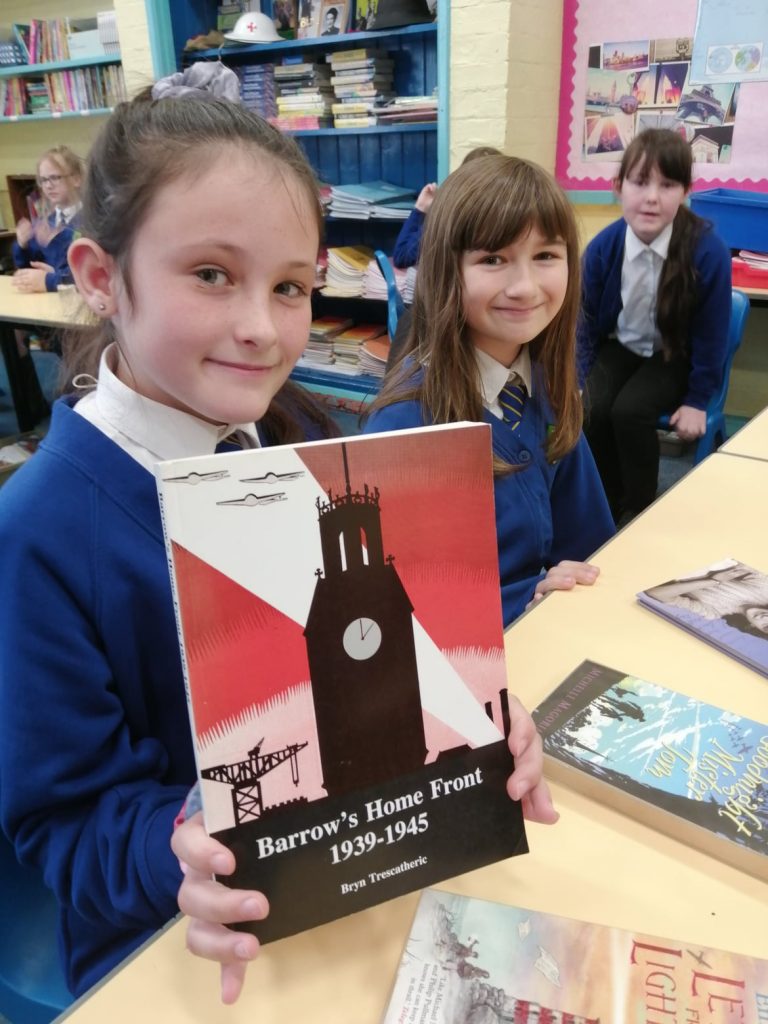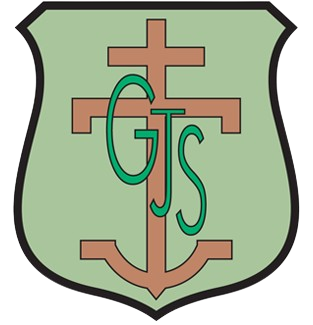History Intent
Intent, Implementation and Impact
At Greengate Junior School we believe that History education should be fully inclusive to every child. We teach to and follow the requirements of the National Curriculum. We provide a broad and balanced curriculum that is differentiated to meet the needs of our children.
- Pupils will develop their knowledge and understanding from Key Stage One
- They will develop a chronology secure knowledge and understanding of British and world history
- They will be able to make connections, contrasts and trends over time and develop further the appropriate use of historical terms
- They will be able to think like an historian asking valid questions about change, cause, similarity and difference and significance
- Develop a good understanding of historical vocabulary, which they are able to use in responses and written pieces of work
- Know how our knowledge from the past is constructed from a range of sources
- Have a sound knowledge of our Local History .i.e. Furness Abbey, Piel Island

Intent
History has always been held in high regard at Greengate Junior school, with the school’s own rich history within the context of the local area .
The history curriculum makes full use of resources within the immediate and wider local area enabling children to develop a deep understanding of the rich history of their locality. From local historical studies how the Furness area developed, studies of Furness Abbey and how Barrow grew into an Industrial town.
Topics are informed by the national curriculum and are sensitive to children’s interests, as well as the context of the local area.
The history curriculum is carefully planned and structured to ensure that current learning is linked to previous learning and that there is a continuity of learning In line with the national curriculum 2014.
The curriculum at Greengate Junior aims to ensure that all pupils: Gain a coherent knowledge and understanding of Britain’s past and that of the wider world which helps to stimulate pupils’ curiosity to know more about the past; ask questions and to gain an understanding of History impacts on our everyday lives.
Implementation
History is taught in blocks throughout the year, so that children achieve depth in their learning. Teachers have identified the key knowledge and skills of each topic and consideration has been given to ensure progression across topics throughout each year group across the school. By the end of year 6, children will have a chronological understanding of British history from the Stone Age to the present day. They are able to draw comparisons and make connections between different time periods and their own lives. Interlinked with this are studies of world history, such as the ancient civilisations of Greece and the Mayans.
Cross curricular outcomes in history are specifically planned for (where appropriate), with strong links between the history curriculum and English lessons (guided Reading and writing) enabling further contextual learning. The local area is also fully utilised to achieve the desired outcomes, with extensive opportunities for learning outside the classroom embedded in practice.
Topics are informed by the national curriculum and are sensitive to children’s interests, as well as the context of the local area. The history curriculum is carefully planned and structured to ensure that current learning is linked to previous learning and that there is a continuity of learning In line with the national curriculum 2014.The curriculum at Greengate Junior aims to ensure that all pupils: Gain a coherent knowledge and understanding of Britain’s past and that of the wider world which helps to stimulate pupils’ curiosity to know more about the past; ask questions and to gain an understanding of History impacts on our everyday lives.
Impact
Outcomes in topic and Writing books, evidence a broad and balanced history curriculum and demonstrate the children’s acquisition of identified key knowledge. Children review the agreed successes at the end of every session and are actively encouraged to identify their own target areas, with support from their teachers. Children also record what they have learned comparative to their starting points at the end of every topic.
Emphasis is placed on analytical thinking and questioning which helps pupils gain a coherent knowledge and understanding of Britain’s past and that of the wider world and are curious to know more about the past. Through this study pupils learn to ask questions, think critically, weigh evidence, think about the arguments, and develop perspective and judgement.
By the end of year 6 we want our children to understand the importance of the past and how past events have shaped not only the town and wider world but its impacts upon their own lives as well.
